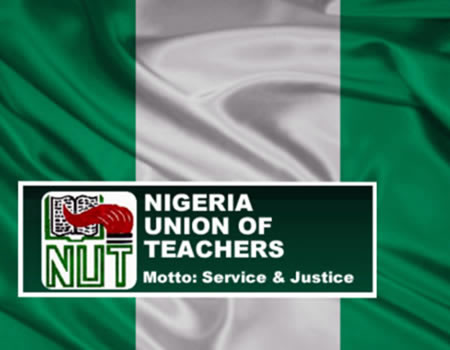THE president of the Nigeria Union of Teachers, Dr Mohammed Idris, has warned against returning management of primary education to local government councils, saying this would be a death sentence to basic education in Nigeria.
Idris was reacting to recent directive by the Nigeria Financial Intelligence Unit (NFIU) that all allocations accruable to local government councils should go directly to their respective bank accounts with effect from June 1, 2019.
He said this order would return primary education to pre-1994 era when funds meant for salaries of primary school teachers were used for other purposes, leaving teachers with backlog of unpaid salaries for 10 to 12 months in some states.
Idris said the union had been steadfast in its opposition to any policy that tends to return primary schools to the exclusive control of local councils in the country.
PDP condemns Buhari’s silence at inauguration
He insisted that poor funding had remained the major challenge of primary school management in Nigeria, recalling particularly that primary education suffered total neglect before 1994 when the sub-sector and salaries of teachers were totally placed under local government councils.
“It took the intervention of the federal government through the establishment of the National Primary Education Commission (NPEC) and later the creation of the State Joint Local Government Accounts to restore stability in the system,” he noted.
He added that in a bid to address this challenge, the National Assembly in its amendment of the 1999 Constitution in 2017 made provision for deduction of salaries of primary school teachers from the federation account and remittance of same to a body as may be prescribed by the House of Assembly of each state.
He said: “To prevent primary education from collapse under the local government councils, it is our submission that necessary policy arrangements be made to ensure the release of the teachers’ salaries before remittance of such allocations the local governments.
“Let me state the obvious that government’s failure to safeguard the right of every child to education is one reason for the privatisation and commercialisation of education which has become a trend in the country.
“We are determined, as a union, to make our voices heard across the country to ensure that the education system is positively turned around for the benefit of our children and the youths, and for the good of all Nigerians”.
He also noted that the union over the yearshad vehemently opposed the handover of public schools by some state governments to private organisations, saying this was an aspect of privatisation and commercialisation of education NUT considers anti-people and retrogressive.
He particularly mentioned Abia State that recently handed over some schools to faith-based organisations without recourse to key stakeholders such as NUT, saying information available to the union hadalso indicated that Benue State government is on the threshold of handing over some secondary schools to private proprietors.
“We wish to state that handover of government schools to private organisations is a gross violation of the universal right to education and the compulsory, free Universal Basic Education Act, 2004 which provides for a nine-year free and compulsory basic education for all children in Nigeria,” he said.
Idris accordingly called on the concerned states to review these policies for the benefit of the less-privileged children.






